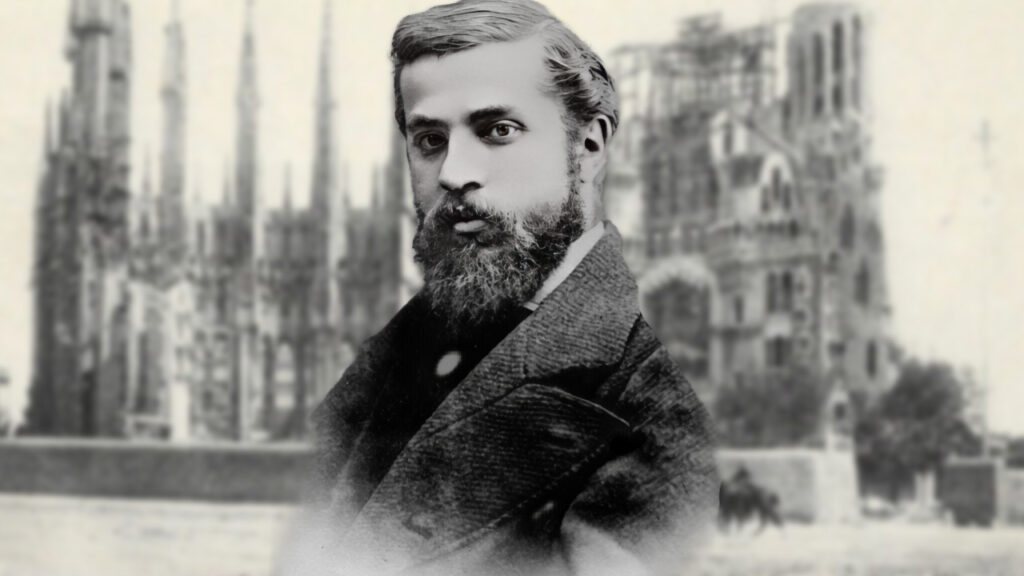It is not a well-known fact that Antoni Gaudí, the famous Catalan architect and designer, begged for money so that the construction of the Basilica of the Holy Family or “Sagrada Familia” in Barcelona, Spain would not be interrupted. Once, when he went to visit a very wealthy person to ask for money, this person, who was a practicing Catholic, gave him a substantial amount of money and, of course, Gaudí, thanked him for his generosity. Apparently, it was more than he was expecting and he was afraid that this person was giving too much. The reality was, however, that this person was wealthier than what Gaudí had thought and he said to Gaudí:
-“Don’t worry, it is not a big deal for me.”
-“Then, it doesn’t work” Gaudí said immediately; and then he clarified what he meant: “I mean, it works for me because I need this money and it is much more than what I expected, but it doesn’t work for you if this donation is not a sacrifice for you. Try to give something that implies a sacrifice for you, and that will be pleasing to God! Generosity without sacrifice is not usually true generosity but rather is usually vanity.”
The donor was astounded and remained silent and Gaudí returned to his work. One week later, this person went to visit Gaudí and gave him a much larger donation and said: “now I am the one who thanks you, Mr. Gaudí.” As a good Christian this man had reflected on Gaudí’s words, understood their meaning, and acted accordingly.
Liberality is a virtue that is related to the good use of the things of this world and, as this anecdote reminds us, is related more to the intention with which we give, than the amount we give. This is why St. Thomas Aquinas, answering an objection that says that liberality cannot be a virtue because a poor person can never practice it since he has nothing to give, says: “Nothing prevents a virtuous man from being liberal, although he is poor. Hence the Philosopher says (Ethic. iv, 1): ‘Liberality is proportionate to a man’s substance,’ i.e. his means, ‘for it consists, not in the quantity given, but in the habit of the giver’: and Ambrose says (De Offic. i) that ‘it is the heart that makes a gift rich or poor, and gives things their value.’” (S.Th., II-II, 117, 1 ad 3).
The name of this virtue, “liberality,” comes from the fact that those who possess this virtue are not attached to money or riches but are rather detached from them which gives them a certain liberty from the care of their wealth. They do not feel the need to pay too much attention to them thanks to that detachment and so, they feel free.
Liberality does not mean just giving whatever to whomever, but rather, as a virtue it makes us give according to the good use of reason: what I can give, for what it can be given, and to whom needs it or deserves it more. If we give what we should not give, to whom we should not give it, or with bad interior dispositions: sadness, obligations, vanity, etc., then although we are giving, we are not performing an act of the virtue of liberality. It should be called in a different way, but not liberality.





